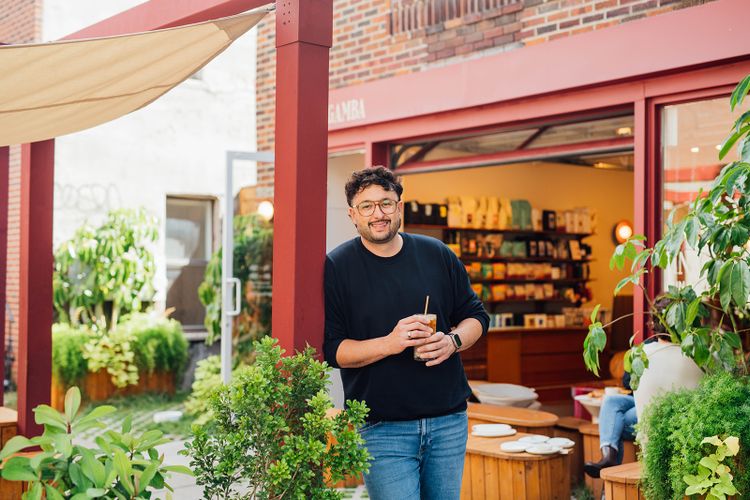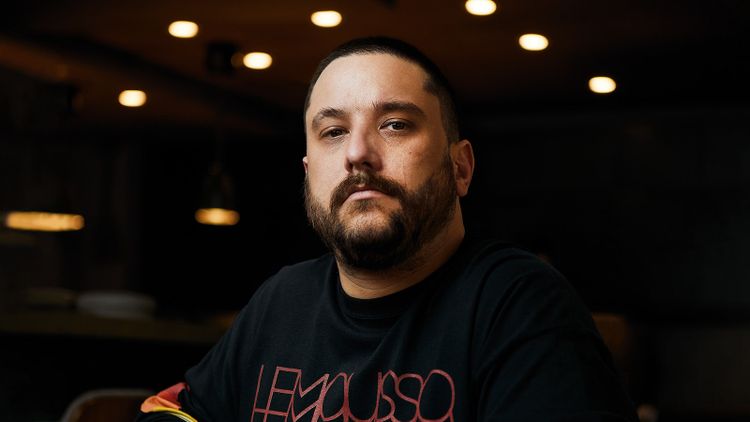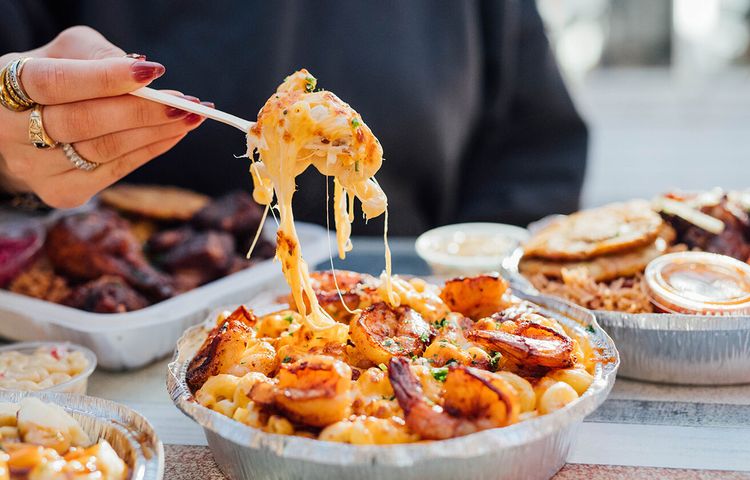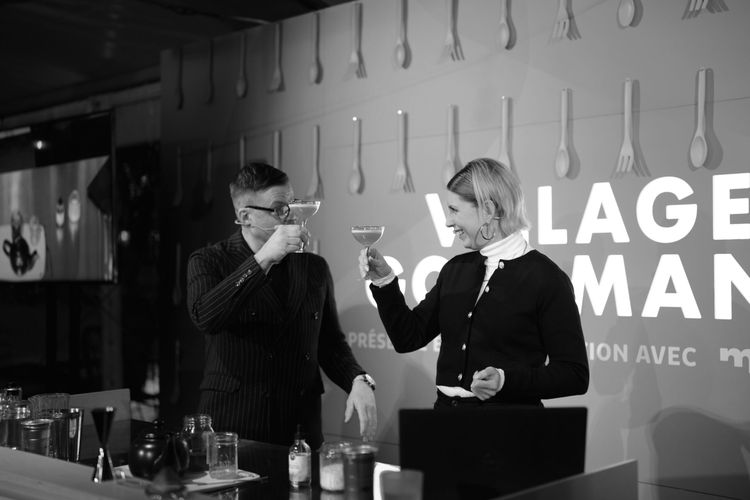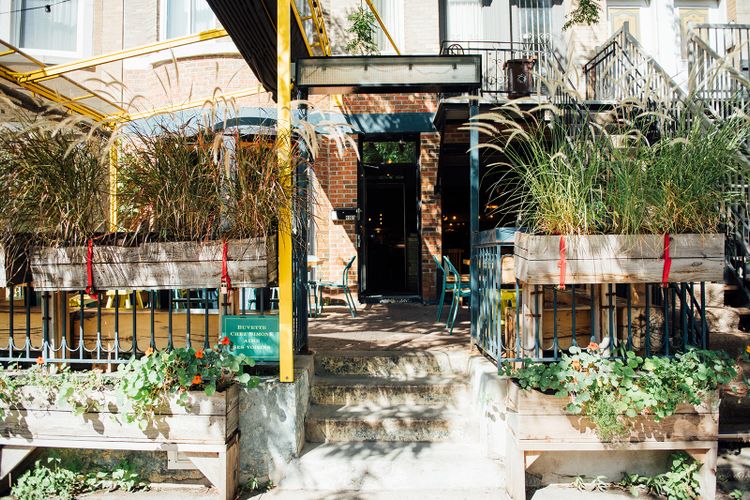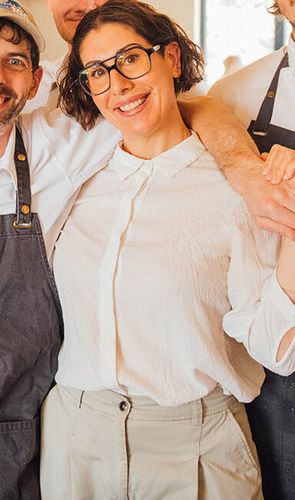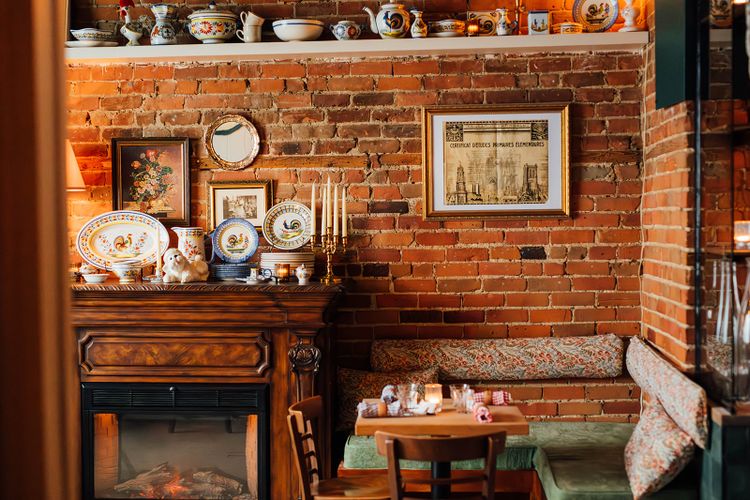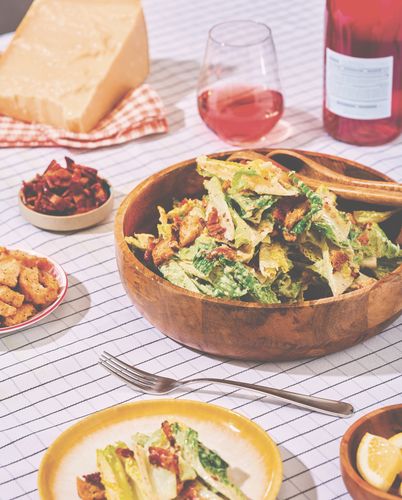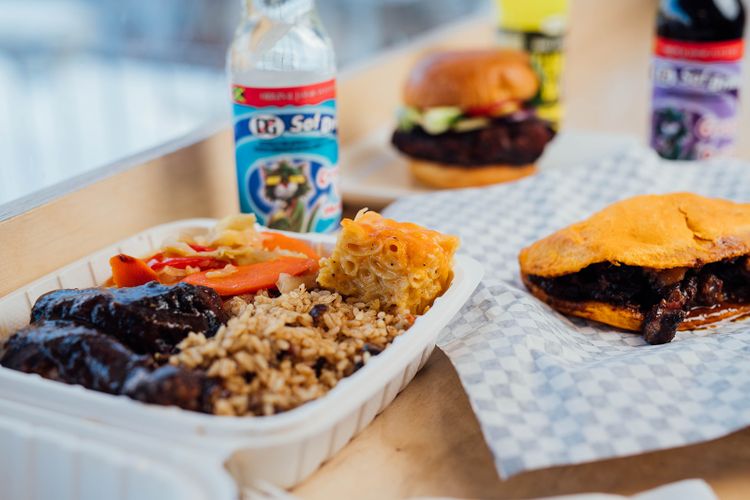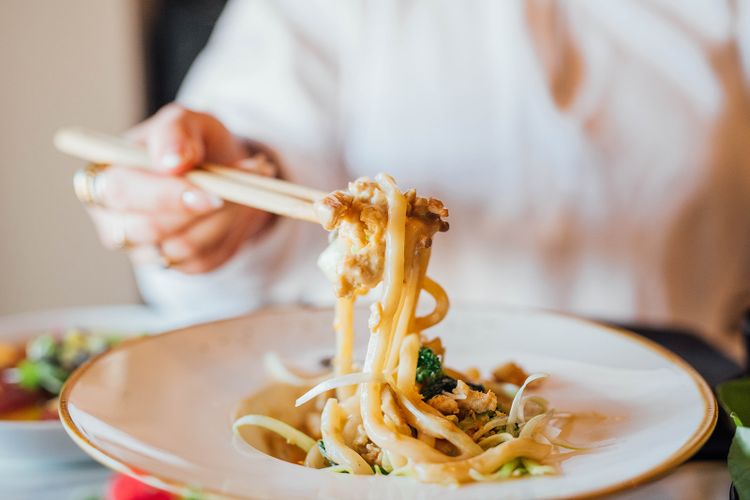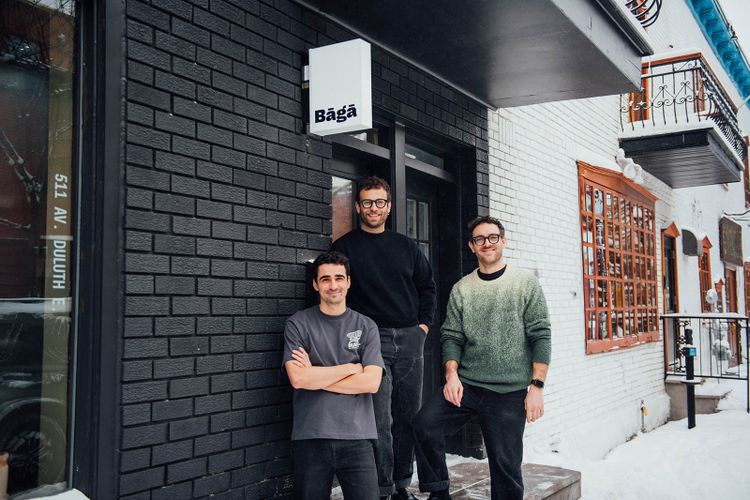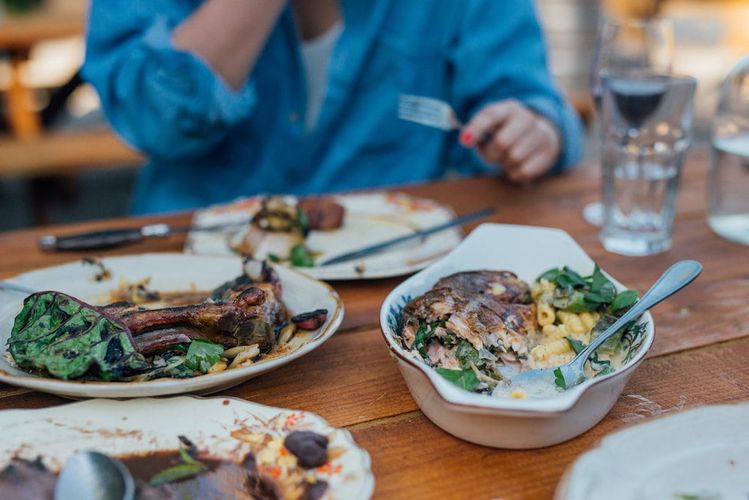Tri Du: An incredible journey, an incomparable man

Tri Du is known to Quebecers for his ultra-famous appearance on the show “Des Kiwis et des Hommes” preparing Pacific geoduck. He is also known to Montrealers for his restaurant Tri Express and Le Petit Tri. With a totally atypical background, an unbridled personality, and a heart as big as his ambitions, this Vietnamese immigrant is a character to discover.
Tri Du was born in Vietnam, in Quy Nhon in 1959, into a very poor family. His father was a fisherman and his parents had 13 children — of which Tri was the 10th. At the age of 7, Tri had to leave school to help earn money for the family: he learned to fish, with a net, at sea, in the river, anywhere. The product of the family’s fishing was sold at the end of the day and the family would eat the rest.
In 1979, at the age of 20, the communist government of Vietnam asked men to join the army to fight against Cambodia. Tri and four of his friends took a boat and fled the country. “We didn’t know where we were going; for three days and three nights we were on the boat and then three days and three nights later we arrived in the Philippines. A boat of Philippine army sailors spotted them, brought them on board, threw a bomb into the boat that had brought them there and brought them to a small refugee village until things settled. Tri stayed in this small village for a few months and lived in dire conditions; he had to fish for food, try to build a house, and had no electricity or running water. Many refugees developed skin problems. Then, one day, the refugees were granted approval to emigrate.
Tri wanted to go back to school and it was suggested that he change his age (21) to 16 in order to be adopted by a family. “We chose the destination with photos only; everyone wanted to go to the United States so everyone registered in the United States.” Tri’s four friends were accepted there, but he was accepted in Canada by a family in Toronto. Tri had never seen snow and the pictures of Canada only showed the cold, so he had no desire to go there: “My ears were falling off! I wanted to stay in the Philippines, but they warned me that I could stay there for years. So I accepted Canada and finally a family from Normandin in Lac St-Jean adopted me.
At 21 years old (or 16 on paper) Tri arrived in Montreal to meet his new family — he spoke neither French nor English. “When I arrived, I couldn’t believe what a beautiful city Montreal was! It wasn’t at all like the pictures.”
The very generous family he landed with also adopted a young Haitian boy named Serge. “I had never seen snow, but I had never seen a black person either! He and I had to sleep in the same bed the first night. When he fell asleep, I wanted to get a closer look at his skin to see what it was like. It was a magical moment. We became fast friends. He understood my sign language and we worked together on the farm while I learned French. A year passed and Tri still dreamed of Montreal. He remembered the lights of Montreal and thought that he could find a job there that would allow him to help his family in Vietnam financially. So he left for the big city without telling his family, without a penny, and without any contacts.
When he arrived, he worked all sorts of jobs, nothing frightened him. He offered to work as a cleaner in several restaurants, including the Croissanterie, where he started in 1984 to mop the floor. “I was very happy about it. I would watch the chef make the chocolate sponge cake and all the other products. I would write down the recipes during the day and at night I would come back and write them down in a notebook. One day, the chef fell ill and I offered to do the recipes. I was given my chance and started making patisseries!”
The owner of the Croissanterie wanted to open a sushi restaurant. “This was in 1986 and sushi restaurants and Japanese chefs were very rare.” The owner opened the sushi bar and asked Tri to learn from Japanese chefs, most of whom would return to Japan. Tri worked with young Japanese chefs such as Junichi Ikematsu, who would become a top chef at Juni, and Shinji, the future chef at the helm of the restaurant Takara in the Cours Mont-Royal.
“In those days, I was very fly! (Laughs) I had colourful hair that I dried in the form of a pineapple tail on my head; I partied all night and went to work in the morning.” Why? “I’m a very small man! I wanted people to look at me! I had colours on my head, I sometimes wore women’s clothes.” It was then, however, there that he met his wife, at Passport. “I approached her and told her that I really liked the way she danced, but she didn’t want anything to do with me at first. Eventually, she agreed to see me again and we went to eat the sushi I was making and we started dating right away — as long as I stopped dyeing my hair!”
When the sushi bar closed, Tri met an Italian — Mr. Moreno who also owned the Latini — who wanted to open a restaurant serving sushi and Italian cuisine. At that time, Tri was already a father, and his wife was pregnant with their second child. Tri opened L’Altro and stayed there for about four years. Tri then met the owners of Primadonna and they asked him to help them open the establishment. He accepted and took up the challenge with brio since it was a huge success from the start! He then met the owner of Kaizen who asked him to come and work for him. After long negotiations, Tri left the Primadonna group and went to work at Kaizen. At Kaizen, he had carte blanche and he transformed, invented, and created many exceptional dishes with his unbridled and unique personality. He created, among others, the Dragon eye, pizza sushi, rice paper sushi, and many other specialties that would be adopted by many sushi restaurants thereafter. “I wanted to do well, but more importantly, to do something different. I soon realized that my secret was in the sauces and I had a lot of fun creating unique sauces and combinations.”
Tri stayed more at Kaizen for about eight years, from 1997 to May 2005, but began getting tired of managing the staff and running such a big restaurant. He dreamed of opening his own small restaurant. “I always thought about my dream of freedom. To be able to close whenever I want, to work less than 12 hours a day, to see more of my family”. He eventually left Kaizen and opened Tri Express on Laurier Avenue. “Everything I wanted, I could do. It was wonderful. When I opened I was alone and I really didn’t think it would be this busy. I didn’t think people would like my sushi so much. At first, we had three tables and 12 chairs.”
At the same time, Tri was investing his savings in real estate. He particularly likes old buildings and renovating them while preserving their character.
From the beginning, his son Thierry grew up and took a taste for the restaurant industry. With him, he opened the P’tit Tri in 2019. He taught his son everything: his secret sauces, the management of a restaurant, customer service, and Thierry excelled. Today, Tri is retired and has let his son take over both restaurants. He remains the “Éminence grise”.
Left Vietnam at 20 years old, immigrated to Quebec without speaking French or English, without any contacts or money. Worked in many establishments with great success, created a great network of contacts, earned money, learned to invest, established a loyal clientele over the years with original and delicious recipes… Tri Du is an exceptional example of resilience and work ethic. This man has tirelessly given his all to build something great for himself, for his family, and for all of Montreal. And we are so grateful.
Written by Élise Tastet
Photography by Alison Slattery

